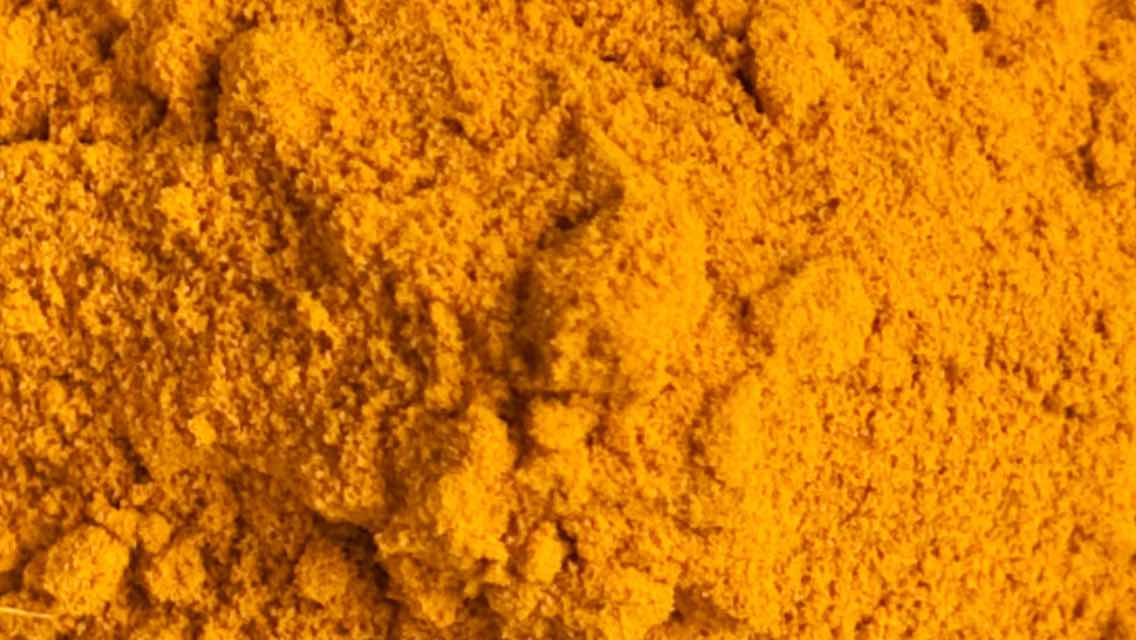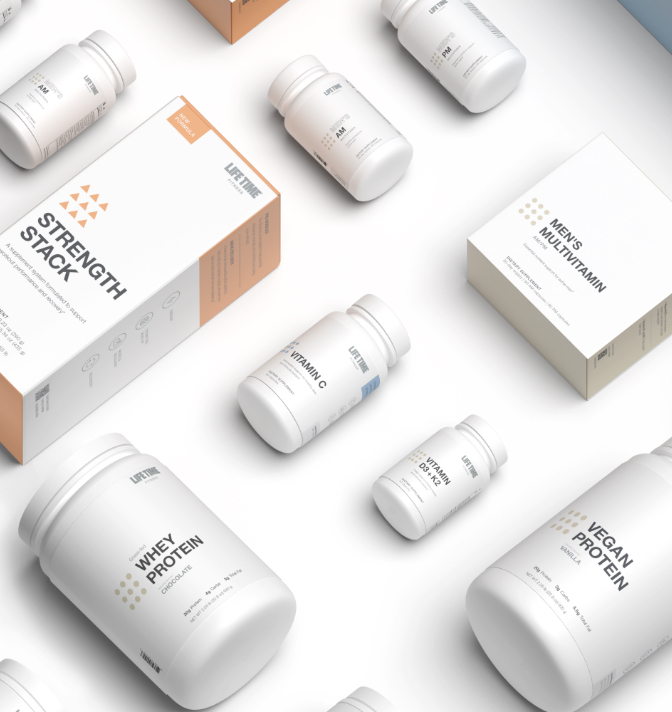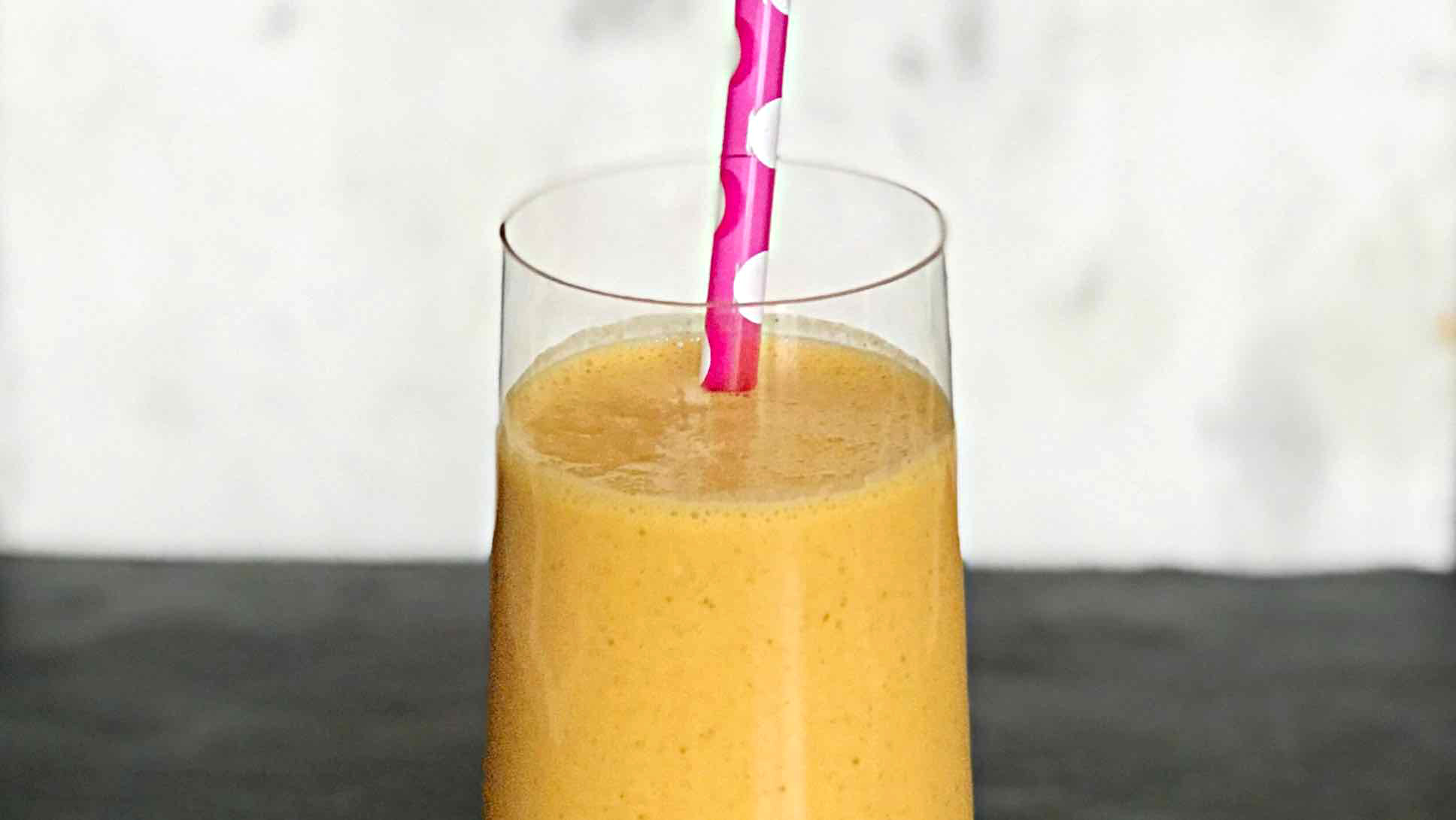Curcumin has been used for more than 5,000 years in traditional medicine, and researchers have published more than 3,000 studies and reviews about this chemical compound found in turmeric, a member of the ginger family.
Below is what we feel is important to know about curcumin’s health benefits.
Health Benefits of Curcumin
Indian, Hindu, and Ayurvedic medicine practitioners have used curcumin to treat a variety of health conditions for thousands of years, including abdominal pain, coughing, jaundice, muscle and tendon injuries, skin conditions, rheumatoid arthritis, ulcers, and more.
Research shows that curcumin is especially helpful for the following conditions:
Inflammation
Inflammation is at the core of numerous health problems, including irritable bowel syndrome (IBS), cardiovascular disease, arthritis, and dementia. Because curcumin supports normal inflammation levels, it’s often used to augment other therapies for these conditions.
In one study of 105 adults with IBS, for example, a dose of just 144 mg of turmeric extract resulted in a 60 percent decrease in symptoms.
Studies also show that curcumin may be a safe and effective way to help those with acute or chronic pain. A small study of individuals experiencing pain showed that a dose of 2 grams of curcumin phytosome — a specific form of curcumin that’s used in some nutritional supplements — led to significant relief. The results were even superior to acetaminophen.
Another study of patients with osteoarthritis showed that pain significantly decreased and walking performance improved with a dose of 1 gram of curcumin phytosome per day.
Muscle Soreness and Injury
Many people have experienced delayed onset muscle soreness (DOMS), the discomfort that occurs a day or two after an intense training session. To ease the pain, some turn to over-the-counter meds like non-steroidal anti-inflammatory drugs (NSAIDs), such as aspirin or ibuprofen.
Though NSAIDs relieve soreness and support healthy levels of inflammation, they can also interfere with muscle growth.
Curcumin is a natural alternative that affects a different part of the inflammatory process than NSAIDs. Research has shown that a daily dose of 2 grams of curcumin phytosome can reduce DOMS without interfering with muscle growth.
Animal research suggests that curcumin also assists in the regeneration of muscle tissue. This makes it valuable for augmenting rehab protocols following injuries, reconstructive surgery, or other trauma.
Weight Management and Heart Health
More than 300 papers have been published about curcumin’s role in supporting weight management.
Curcumin’s effect on weight management first came to light in 1973, when research showed it could help support normal blood-sugar levels. It does so, in part, by improving beta-cell function.
Curcumin can also help:
- Support healthy cholesterol and triglyceride levels
- Support normal blood glucose and glycated hemoglobin (HbA1c)
- Decrease fatty acid synthesis (formation of new fat tissue)
- Increase adiponectin, a hormone that helps normalize body-fat levels
- Support other hormones related to obesity and metabolic syndrome
In one study, those who took 10 mg of curcumin per day for 30 days saw an increase in HDL “good” cholesterol, a drop in LDL “bad” cholesterol, and increased apolipoprotein(a) (a component of HDL).
Also of interest, curcumin stimulates vasodilation, or opening of the blood vessels, in a similar way to cardiovascular exercise.
Mood and Brain Health
Curcumin modulates a number of neurotransmitters, including norepinephrine, serotonin, and dopamine.
Norepinephrine is critical for attention, focus, and learning, reaching deep sleep, regulating mood, and mental and physical energy.
Serotonin helps to enhance sleep, reduce appetite, support memory and learning, aid in a balanced mood, regulate temperature, and enhance cardiovascular function.
When dopamine levels are low, people don’t experience pleasure like they normally would. They regularly feel melancholic, even when doing activities they’d normally enjoy.
Curcumin has also been shown to improve levels of brain-derived neurotrophic factor (BDNF). BDNF helps to stimulate the development of new brain cells.
Cancer
Preclinical research shows curcumin inhibits growth of certain cancer types. Because it supports normal inflammation levels, it may be beneficial in colorectal, pancreatic, breast, hepatic, oral, and prostate cancers, as well as leukemia.
Evidence suggests curcumin affects apoptosis, or programmed cell death — one of the many wonders of the body. When cells become damaged enough, they’re supposed to self-destruct and die.
When the process of apoptosis becomes dysfunctional, however, these damaged cells can lead to cancer as well as autoimmune or degenerative diseases. Curcumin may help cells overcome their apoptosis dysfunction.
If you have cancer, talk with your doctor before using curcumin (or any other nutritional supplement) as there is some evidence that curcumin may interfere with some chemotherapy drugs.
How to Maximize Curcumin Absorption
-
As compelling as the research is on curcumin, the most significant issue is that it is not absorbed well on its own. Consuming curcumin or turmeric with fat, such as coconut milk, butter, or cooking oils may help with absorption when the spice is used in food.
However, plain curcumin as a supplement doesn’t offer much value because of its poor absorption. In one study, fasted people who received a dose of 2 grams of pure curcumin extract showed no detectable levels in the blood afterward. In other words, none of the curcumin, or an extremely small amount, was absorbed.
For this reason, plain curcumin extract is probably not worth investing in. Other forms of supplements are much more bioavailable, including curcumin phytosome. In this form, curcumin extract is wrapped in a phosphatidylcholine matrix in a 1:2 ratio. It is one of the best-absorbed forms of curcumin as a supplement, having been shown to be 29 times better than standard curcumin extract.
In addition to increasing absorption of curcumin, phosphatidylcholine is an important nutrient for brain function.
At Life Time, we carry three products that contain curcumin phytosome:
Curcumin Dosage
Curcumin has a very strong safety record, and use of levels as high as 8 grams per day have been shown to be well-tolerated. However, as noted above, doses may not need to be that high to produce an impact. As with most natural products, individual needs and results can vary.
Consult with your healthcare provider before introducing curcumin supplementation into your routine and around what dose is most appropriate for you.





